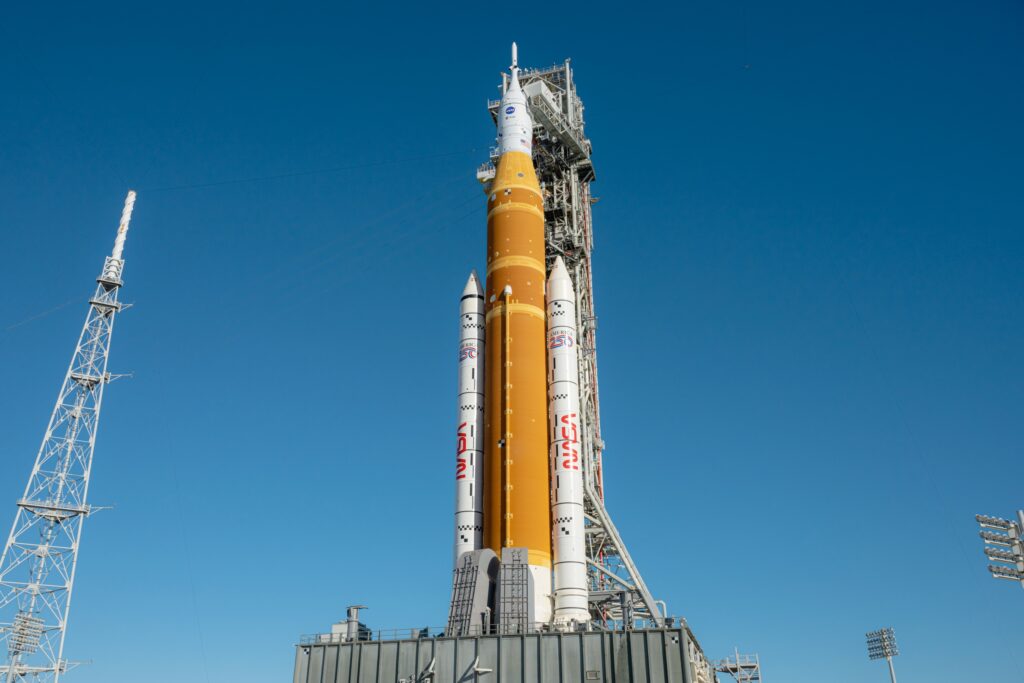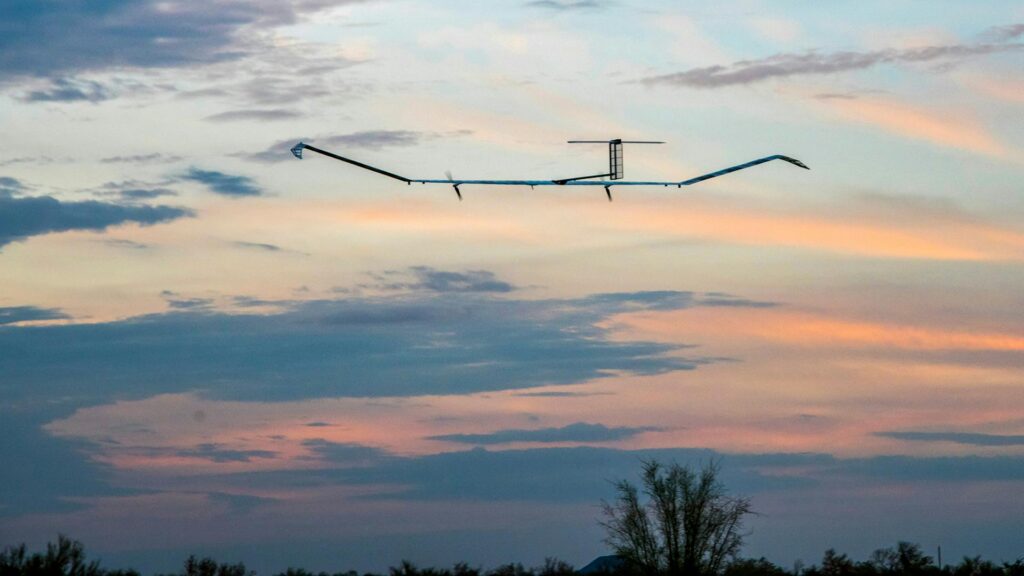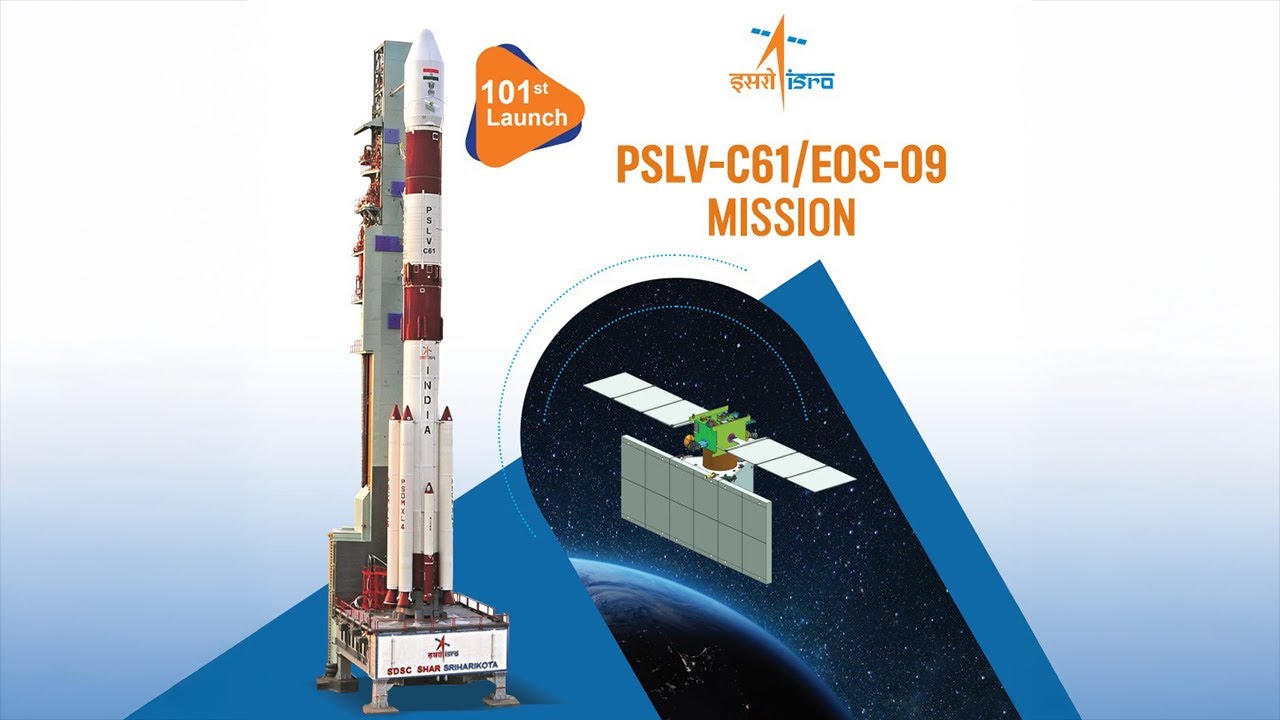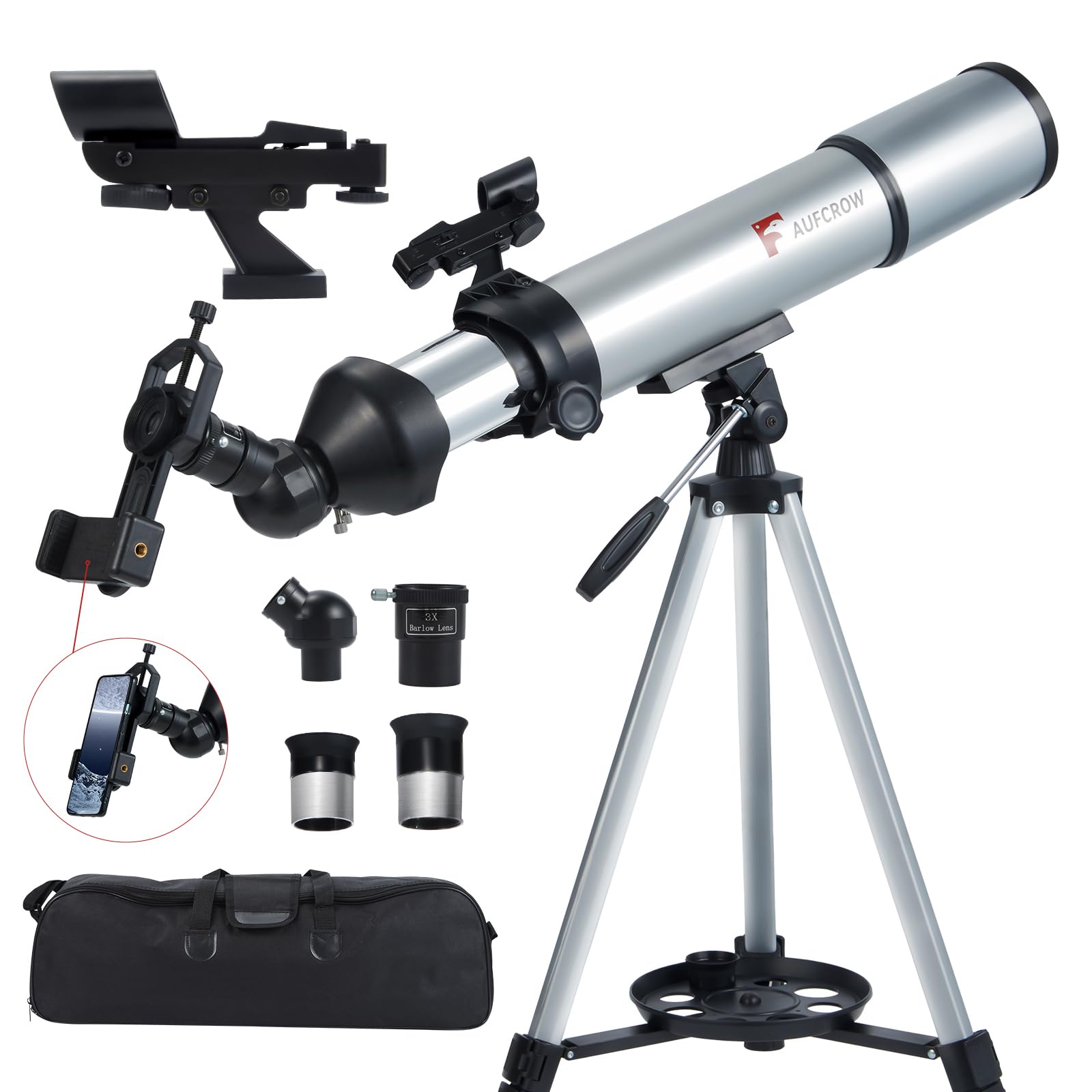Now Reading: PSLV launch of Indian radar imaging satellite fails
-
01
PSLV launch of Indian radar imaging satellite fails
PSLV launch of Indian radar imaging satellite fails
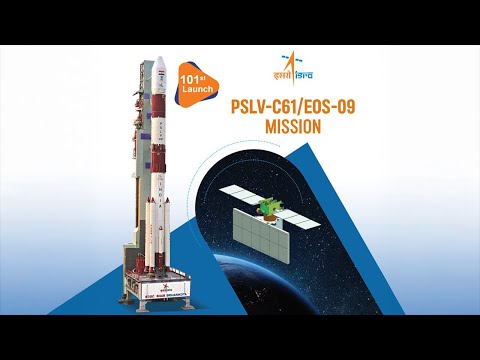
WASHINGTON — An Indian launch of a radar imaging satellite failed May 17 when a problem with the third stage prevented the payload from reaching orbit.
A Polar Satellite Launch Vehicle (PSLV) lifted off from the Satish Dhawan Space Center at 8:29 p.m. Eastern. Its payload was the EOS-09 radar imaging satellite.
The launch appeared to go as planned until a little more than six minutes after liftoff, during the burn of the rocket’s solid-fuel third stage. At about T+366 seconds, telemetry showed the vehicle’s velocity slowing, deviating from the planned profile. The webcast of the launch by the Indian space agency ISRO cut away from that telemetry display several seconds later.
“Up to the second stage the performance was quite normal. The third stage motor started perfectly but during the functioning of the third stage we are seeing an observation, and the mission could not be accomplished,” said V. Narayanan, chairman of ISRO, less than 10 minutes later. He did not elaborate on the nature of the “observation” or provide any other details, although he later told Indian media that there was a drop in chamber pressure in the third stage.
The failure was the first for the PSLV since August 2017, when the payload fairing failed to separate on a launch of a navigation satellite, preventing the satellite from reaching orbit. The only other failures of the PSLV are from the rocket’s earliest launches in the 1990s, including its first launch in 1993 and a partial failure on its first operational mission in 1997.
The PSLV has long been considered the workhorse of India’s space program, although it has launched only a little more than 60 times in its history. This was the first PSLV launch of 2025 after three launches in each of the last three years.
The payload, the EOS-09 satellite, is identical to the EOS-04 satellite launched in 2022. The satellite weighed nearly 1,700 kilograms at launch and carried a synthetic aperture radar payload.
“EOS-09 is designed to provide continuous and reliable remote sensing data for operational applications across various sectors,” ISRO said before the launch, but provided few other details about the satellite. EOS-04 was widely seen as supporting India’s military, in addition to any civil applications.
Stay Informed With the Latest & Most Important News
-
 01Two Black Holes Observed Circling Each Other for the First Time
01Two Black Holes Observed Circling Each Other for the First Time -
 02From Polymerization-Enabled Folding and Assembly to Chemical Evolution: Key Processes for Emergence of Functional Polymers in the Origin of Life
02From Polymerization-Enabled Folding and Assembly to Chemical Evolution: Key Processes for Emergence of Functional Polymers in the Origin of Life -
 03Astronomy 101: From the Sun and Moon to Wormholes and Warp Drive, Key Theories, Discoveries, and Facts about the Universe (The Adams 101 Series)
03Astronomy 101: From the Sun and Moon to Wormholes and Warp Drive, Key Theories, Discoveries, and Facts about the Universe (The Adams 101 Series) -
 04Φsat-2 begins science phase for AI Earth images
04Φsat-2 begins science phase for AI Earth images -
 05Hurricane forecasters are losing 3 key satellites ahead of peak storm season − a meteorologist explains why it matters
05Hurricane forecasters are losing 3 key satellites ahead of peak storm season − a meteorologist explains why it matters -
 06Thermodynamic Constraints On The Citric Acid Cycle And Related Reactions In Ocean World Interiors
06Thermodynamic Constraints On The Citric Acid Cycle And Related Reactions In Ocean World Interiors -
 07Binary star systems are complex astronomical objects − a new AI approach could pin down their properties quickly
07Binary star systems are complex astronomical objects − a new AI approach could pin down their properties quickly













